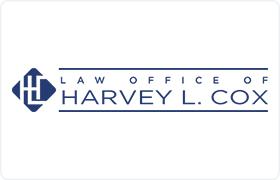Hillsboro Estate Lawyer, Texas
Sponsored Law Firm
-
 x
x

Click For More Info:
-
Law Office of Harvey L. Cox
1600 Lake Air Drive Suite 102 Waco, TX 76710» view mapEstate Law, Power of Attorney A New Perspective On Estate Planning
Our Family Estate & Business Planning focuses on protecting your assets from creditors, predators, lawsuits, judgments, liens, and greedy relatives.
800-795-7741
Stephanie Wilson Johnson
Wills, Family Law, Criminal, Personal Injury
Status: In Good Standing Licensed: 25 Years
Martha Mcgregor
Commercial Real Estate, Wills, Elder Law, Non-profit
Status: In Good Standing Licensed: 42 Years
Stephen N. Smith
Commercial Real Estate, Wills, Family Law, Divorce & Family Law
Status: In Good Standing Licensed: 52 Years
Jack Trigg Gannon
Commercial Real Estate, Oil & Gas, Industry Specialties, Wills
Status: In Good Standing Licensed: 41 Years
David Kent Waggoner
Real Estate, Commercial Real Estate, Wills, Estate, Clean Air Practice
Status: In Good Standing Licensed: 49 Years
 Harvey L. Cox Waco, TX
Harvey L. Cox Waco, TX Practice AreasExpertise
Practice AreasExpertise
